Announcing 2021 Driehaus Award Winner: The Evolution of Form-Based Codes
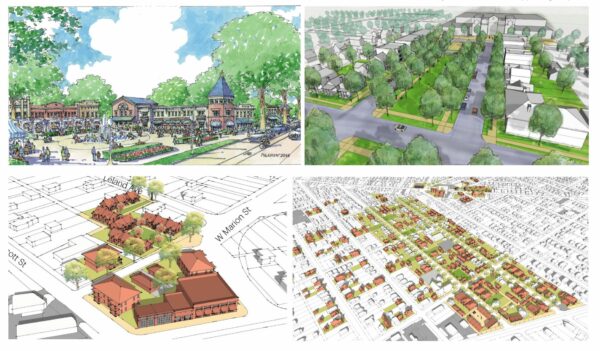
Renderings from the City of South Bend Zoning Ordinance show residents’ visions for the West Side Main Streets, Southwest Neighborhood, and the Near Northwest Neighborhood.
Today, the Form-Based Codes Institute at Smart Growth America is thrilled to announce the winner of the fifteenth annual Richard H. Driehaus Form-Based Code Award for achievement in the writing and implementation of a stellar form-based zoning code–the City of South Bend Zoning Ordinance for the City of South Bend, Indiana.
City of South Bend Mayor James Mueller stated, “The City of South Bend is thrilled and honored to receive the 2021 Richard H. Driehaus Form-Based Code Award. I am grateful to our planning team for their innovation and initiative in developing our new zoning ordinance. The new code encourages the re-use of historic and other existing spaces and the creation of new multi-family housing, a key to ensuring that all our residents–regardless of race or income–can remain in our city,” said Mayor James Mueller. “The elimination of off-street parking requirements, opportunities for mixed-use development, and encouragement of interconnected street networks will make our neighborhoods more walkable. Since the new, streamlined zoning ordinance took effect at the beginning of 2020, the City has seen an increase in completed projects and with considerably fewer variance requests.”
For those who think of the Florida panhandle communities of Seaside, Rosemary Beach, and Alys Beach–with their pioneering codes by DPZ–as the definitive examples of communities where form-based codes can work, this year’s Driehaus Form-Based Code Award winner, a citywide code from the Midwest, shows how, today, form-based codes are being adopted in all types of places.
From greenfields, to urban adjacent new neighborhoods, to rural and small town centers, to urban redevelopment districts, to citywide applications like this year’s winner from South Bend, the popularity of form-based codes has expanded to include just about every type of place. While they continue to promote walkability, mixed-use development, and attractive physical characteristics in master planned communities–today, form-based codes are also adopted to promote improved livability, healthy people, and shared prosperity in all kinds of places.
The City of South Bend Zoning Ordinance
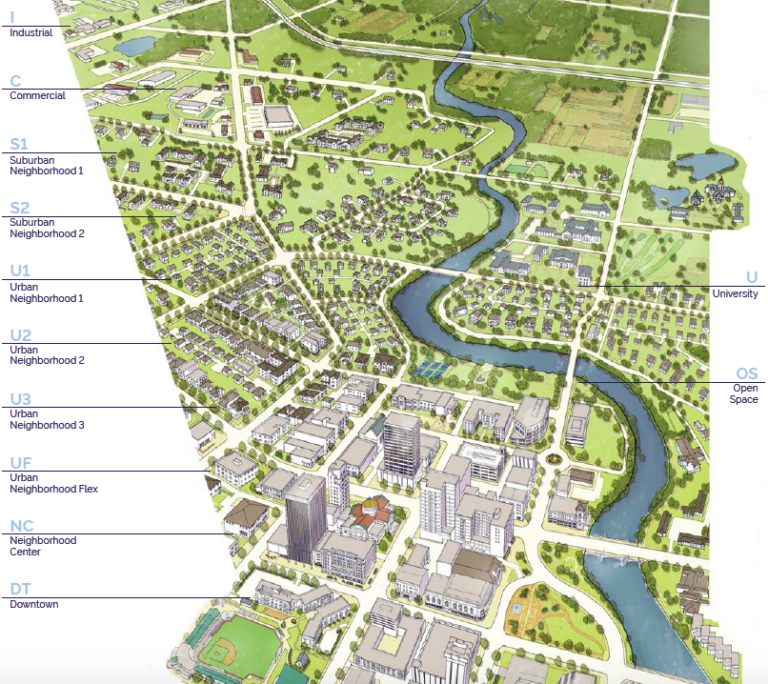
City of South Bend Zoning Ordinance.
Each year, the Driehaus Award jury has found it more difficult to select a winning code, as the pool of applicants improves with the maturing practice of drafting form-based codes. This year, several of the codes submitted included exemplary features, which include:
- One midwest city’s attention to equity potential for the code to help revitalize disinvested neighborhoods;
- A code in the southern U.S. takes a cloud-based approach, with a commendable checklist that helps minimize ambiguity;
- An applicant that explicitly addresses affordable housing in their code;
- A code developed through an admirable community-driven public engagement process that enables the city to successfully navigate a path forward through political turmoil.
But one code stood above the rest.
“The City of South Bend Zoning Ordinance is an excellent model for any city—particularly legacy cities—seeking to use code reform to promote fiscally and environmentally sustainable urban regeneration, greater housing diversity, walkable neighborhoods, and stronger urban design,” Peter Park, Chair of the 2021 Driehaus Award Jury, explains. “The code’s helpful ‘how to use’ guide, clean easy-to-read graphics, and logical layout make navigation easy for administrators, applicants, and citizens. The historic preservation provisions, bike and car parking standards, and clever treatment of cul-de-sacs are some of the many exemplary features.”
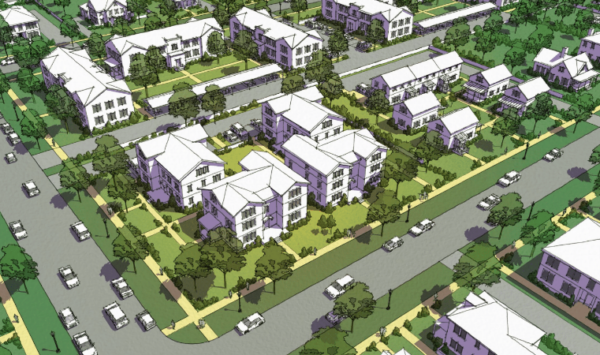
Illustrative image showing the intended character of a zoning district across a S2 neighborhood block. Features include: a full range of residential development, including single unit, two unit, multi-unit, and ADUs; larger size buildings with relatively deep setbacks on larger lots; attached garages accessed by a driveway from the street or shared parking areas located in the rear or interior of the lot; larger city blocks with informal character and plantings.
Modern form-based codes now have been in place long enough to evaluate their impact in a variety of settings. In Zoned In: Economic Benefits & Shared Prosperity with Form-Based Codes, FBCI-SGA’s recently released report, our analysis shows that they can provide a more hospitable regulatory framework for equitable development, by focusing on the integration of people, land uses, housing types, transportation options, and improved access to services and amenities. They also foster a stronger economy, as they generate more tax revenue and growth in property values, without increasing housing costs.
Congratulations to this year’s winner! View the South Bend code document here.
Join us on October 18 at 2:00 p.m. Eastern to hear from representatives from the team who drafted the winning code, as well as the authors and experts from the new FBCI-SGA report, Zoned In: Economic Benefits & Shared Prosperity with Form-Based Codes.


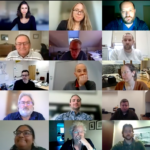
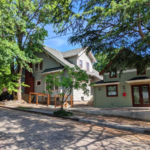
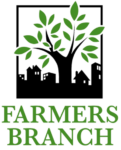
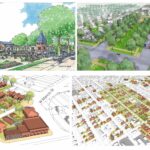
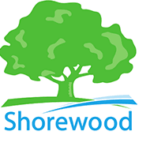
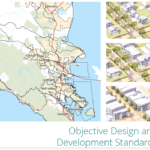
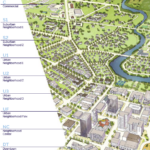
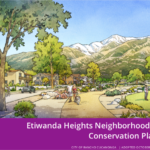
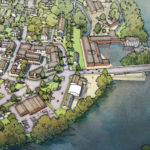
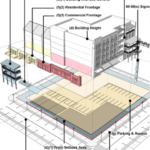



We’d be interested to know if these codes have been reviewed by the likes of cities like Boston – BSA for example.